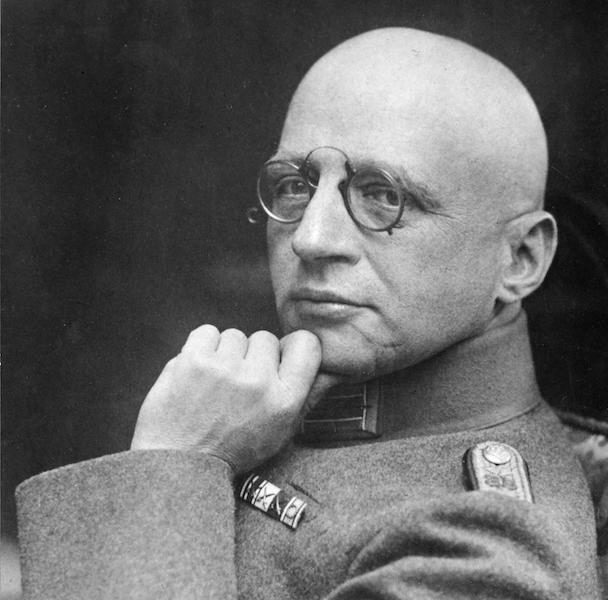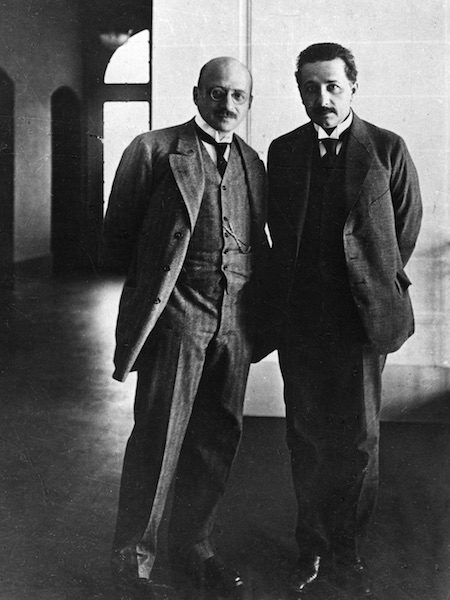Fritz Haber
Episode #3 of the course Inventors who changed the world
We are just past the 100th anniversary of the scientific breakthrough that has had the greatest impact on sustaining human life since the agricultural revolution, one that you may never have heard of, and one that has also cost millions their lives and may have worse impacts yet. This breakthrough was created both to save the world from starvation and to serve the German war machine, and now it has fed the world and killed allied soldiers and the Jewish relatives of its creator in the concentration camps, as well as polluted our waters and ecosystems in ways yet to be fully assessed.
 Fritz Haber
Fritz Haber
The inventor was Dr. Fritz Haber, a German chemist born in Poland in 1868. The invention was the separation of nitrogen from air, creating compounds such as ammonia, chlorine gas, and Zyklon B of the gas chambers. Nitrogen is inert, not reacting with other substances easily. Haber was a brilliant chemist and figured out how to “fix” nitrogen—get it to form compounds—from air, using high pressures and a catalyst. His first goal was to help feed the growing population of the Earth, which he’d learned at college was expected soon to explode. And he did. An estimated more than half the human population of Earth is sustained by foods grown with fertilizers thanks to Haber. Approximately half the nitrogen molecules in your body got there by way of the Haber process. Ironically, this invention that has saved billions from starvation may yet take a dreadful toll as nitrogen and ammonia from artificial fertilizers poison natural ecosystems.
Haber’s invention won the Nobel Prize in Chemistry in 1918 to the consternation of many, since only three years previously in 1915, it had been used to kill thousands of allied soldiers in Belgium at the battles of Ypres. In the very first chlorine gas attacks, directed—in fact, demanded—by Haber himself, in opposition to several German generals who thought it was too barbaric. But Haber was a passionate patriot and insisted, and it worked. His wife, also a brilliant chemist, wrote a letter about Haber’s betrayal of science and humanity and then shot herself in the head with his pistol in their garden.
 Fritz Haber (left) and Albert Einstein (right) at the “Fritz-Haber-Institut” (1915)
Fritz Haber (left) and Albert Einstein (right) at the “Fritz-Haber-Institut” (1915)
Haber’s invention also enabled the Germans in WWI to continue fighting long after their imports of nitrate, an essential ingredient of explosives, were cut-off. Haber’s process enabled them to make their own nitrogen compounds, prolonging the war.
Haber only regretted that they had lost. But in 1933, he fled Germany after they asked him to force his Jewish staff to resign. He went to England, where he had no friends, thanks to chlorine gas and then to Switzerland, where his spirit broken, he died of illness in a hotel in 1934. Supposedly, he repented of the chlorine gas before he expired. He never saw the creation of Zyklon B from his process and its use by the Nazis to kill his relatives in the gas chambers.
The history of science is often more ironic than any TV drama!
In our next lesson, we’ll talk about America’s most famous inventor, Thomas Edison.
Quote
“In peace-time the scientist belongs to humanity, in war-time to his fatherland.” – Fritz Haber
Recommended book
Share with friends

